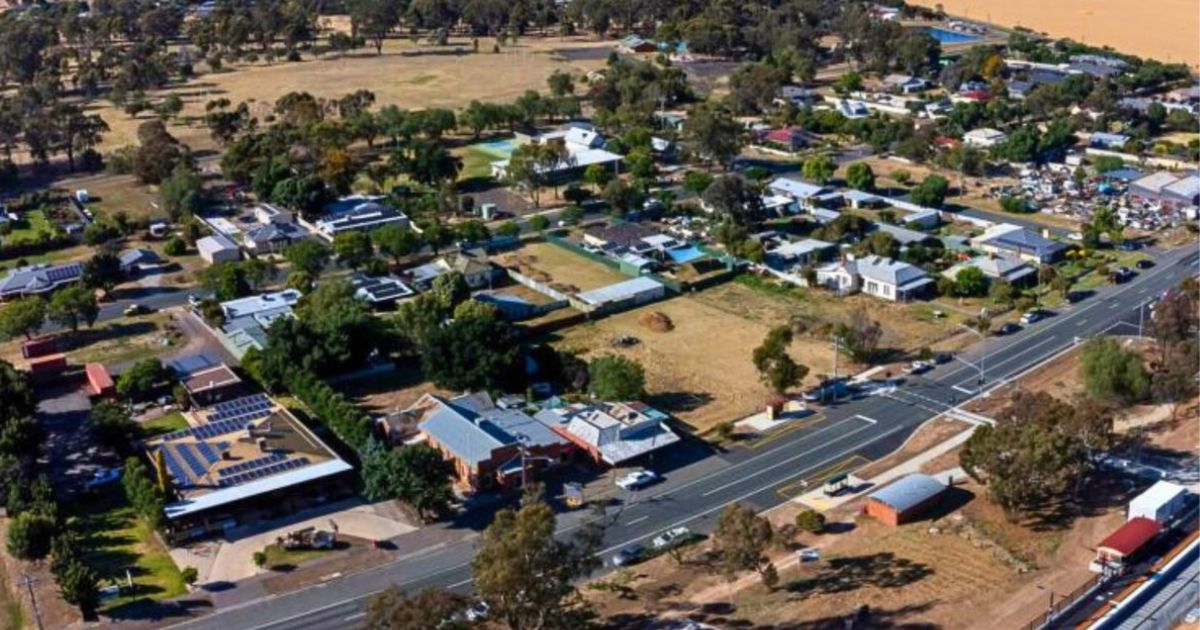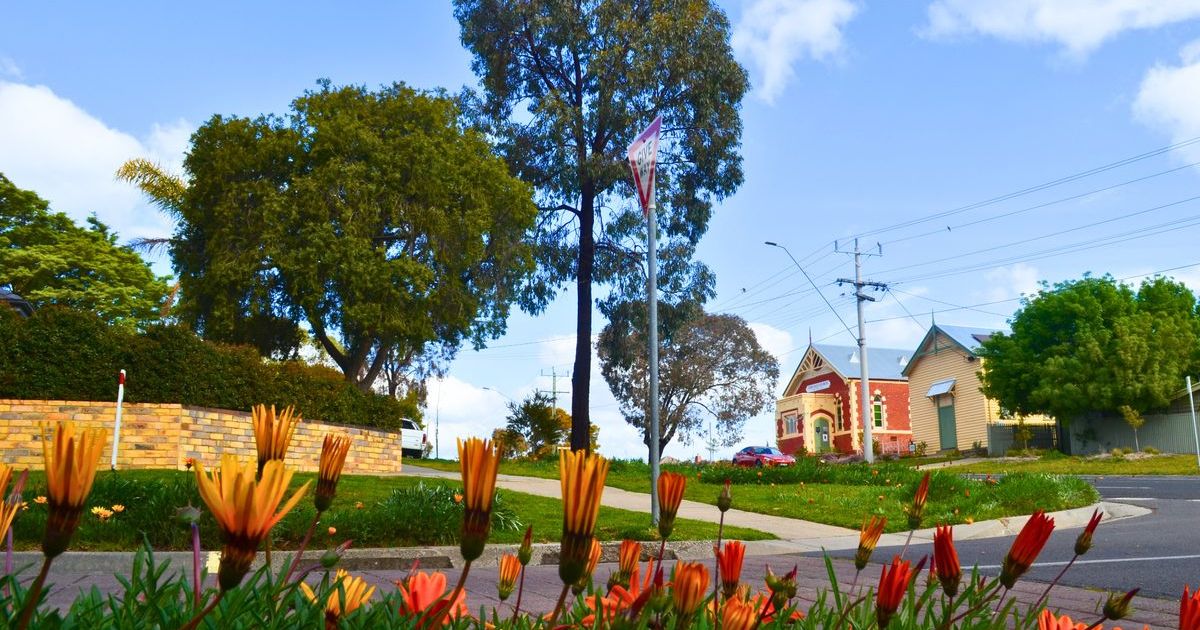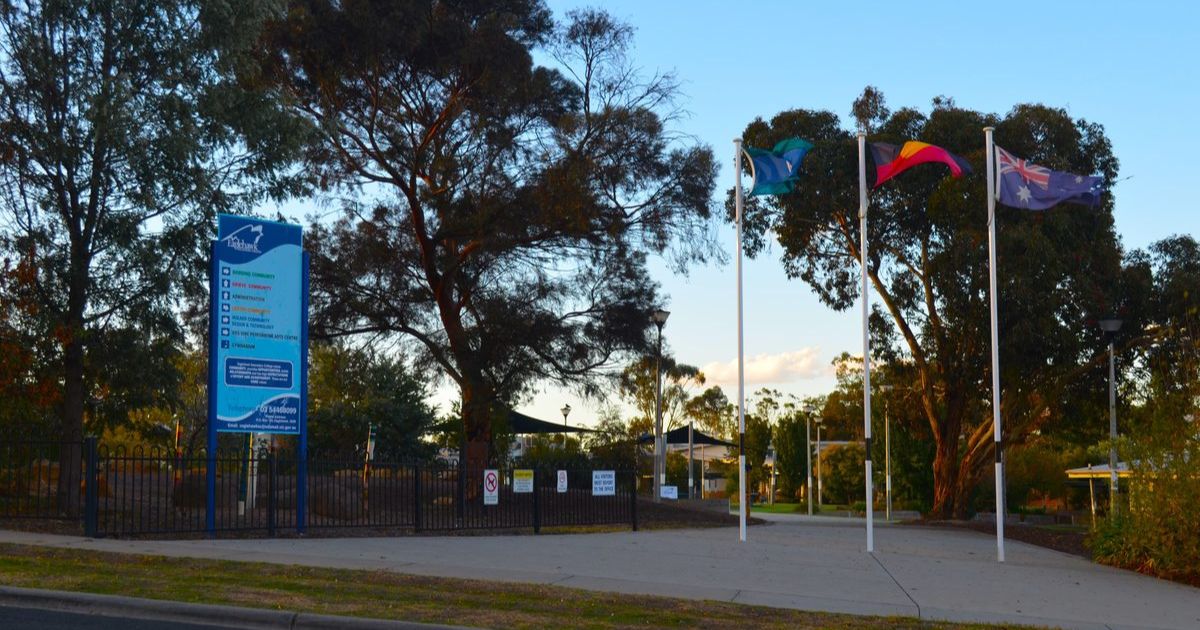Call for spaces for regional health studies

Family ties: bachelor of biomedical science student at La Trobe University, Sanjana Jijo, with her mother Anita Zacharias, rural clinical sciences lecturer. Photo: TIM BOTTAMS
STAFF and students at La Trobe University are encouraging regional health students to study and stay local.
Vice-chancellor Professor John Dewar said about 70 to 80 per cent of their students will practice in regional Victoria and that it’s important to maintain that.
“The needs of the regional health workforce are every bit as intense if not more intense than they are in the metropolitan areas,” he said.
Professor Dewar said the university’s applicants are exceeding the number of places they can offer.
The university’s biomedical science course, for example, has 15 places available each year out of 300 applications, and Professor Dewar said they “desperately need to increase that number.”
“We desperately need students who want to commit themselves to being nurses, physios, occupational therapists, doctors in regional settings,” he said.
“The medical training places are very tightly controlled by government so we don’t have nearly as much freedom, as we do in just about every other discipline, to enrol students.
“We’re hoping we can get some more places next year when an additional 80 medical places will be allocated nationally.
“We will certainly be putting our hands up for more of those to come to Bendigo.”
About 3000 students are enrolled in about 14 different disciplines at La Trobe’s Bendigo campus.
Regional education commissioner Fiona Nash visited the campus last week and said its important regional universities are supported.
“They really are influential institutions. They make massive social and economic contributions to our regional communities. I think we really need to value that,” she said.
Sanjana Jijo, a first-year Bachelor of Biomedical Science student at La Trobe, has lived in Bendigo since moving from India at four years old.
She said there’s a “sense of belonging” to working within a regional community.
“I really want to give back to those communities and that’s why over time I really want to come back to help that rural workforce,” she said.
“I hope my connection to these communities and understanding that workforce that brings us together will make me hopefully be a good doctor.”


















